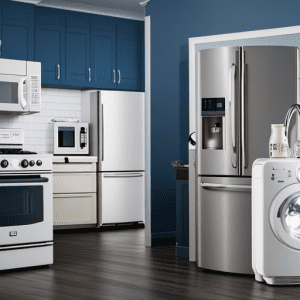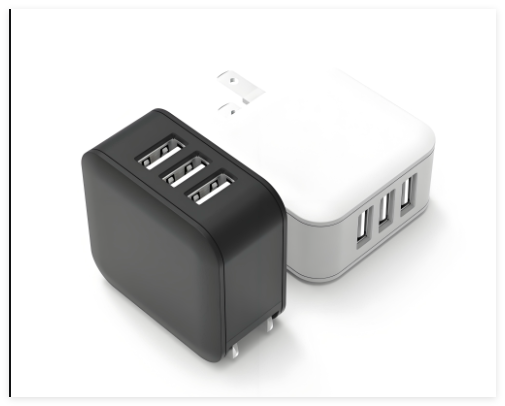How long is the lifespan of smart home appliances typically?
The lifespan of smart home appliances is akin to asking an old friend, “When will we grow old, when will we no longer be young?” In the industry of smart technology and new energy, what we pursue is not only the functionality and efficiency of the products but, more importantly, their durability and reliability. The average lifespan of smart home appliances typically ranges from 5 to 10 years, depending on the type of product and usage conditions. Of course, this is only a general range, and the specific lifespan also depends on the quality of the product and the user’s habits.

Taking smart refrigerators as an example, according to a survey by our company, high-quality smart refrigerators can have an average lifespan of over 10 years under normal use and maintenance. However, smart washing machines, due to their numerous mechanical parts, may have an average lifespan of 5 to 8 years. Smart TVs, on the other hand, may have a lifespan of about 5 to 7 years due to the rapid pace of electronic component updates.
Nevertheless, the lifespan of smart home appliances is not set in stone. With the advancement of technology, we have seen an increasing number of home appliance products adopting modular design, which means that certain parts can be replaced individually, thereby extending the overall lifespan of the product. Additionally, with the development of Internet of Things (IoT) technology, remote monitoring and maintenance of smart home appliances have become more convenient, undoubtedly providing new possibilities for extending the lifespan of home appliances.
Drawing from ancient wisdom, we can understand the development trend of smart home appliances from the “I Ching” which says, “Change brings transformation, transformation brings longevity.” In the ever-changing market, only through continuous innovation and adaptation can a product remain enduring. The development of the new energy industry is a vivid embodiment of this philosophy. With the widespread application of renewable energy, the energy efficiency of smart home appliances is also continuously improving, which not only helps to reduce carbon emissions but also provides more sustainable power for the long-term operation of home appliances.
In conclusion, the lifespan of smart home appliances is not just a number; it reflects the technological progress, innovation capabilities, and the concept of sustainable development of the entire industry. As a part of the new energy industry, we have the responsibility and mission to continuously promote this process, making smart home appliances not only assistants in our lives but also witnesses and participants in our journey towards green, environmentally friendly, and efficient living.



Post Comment